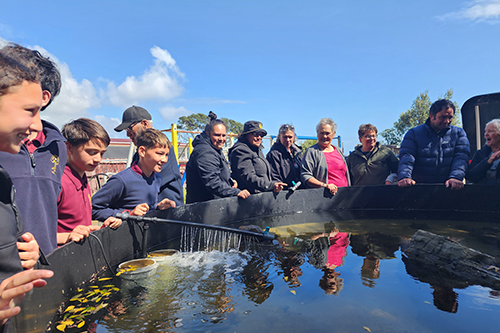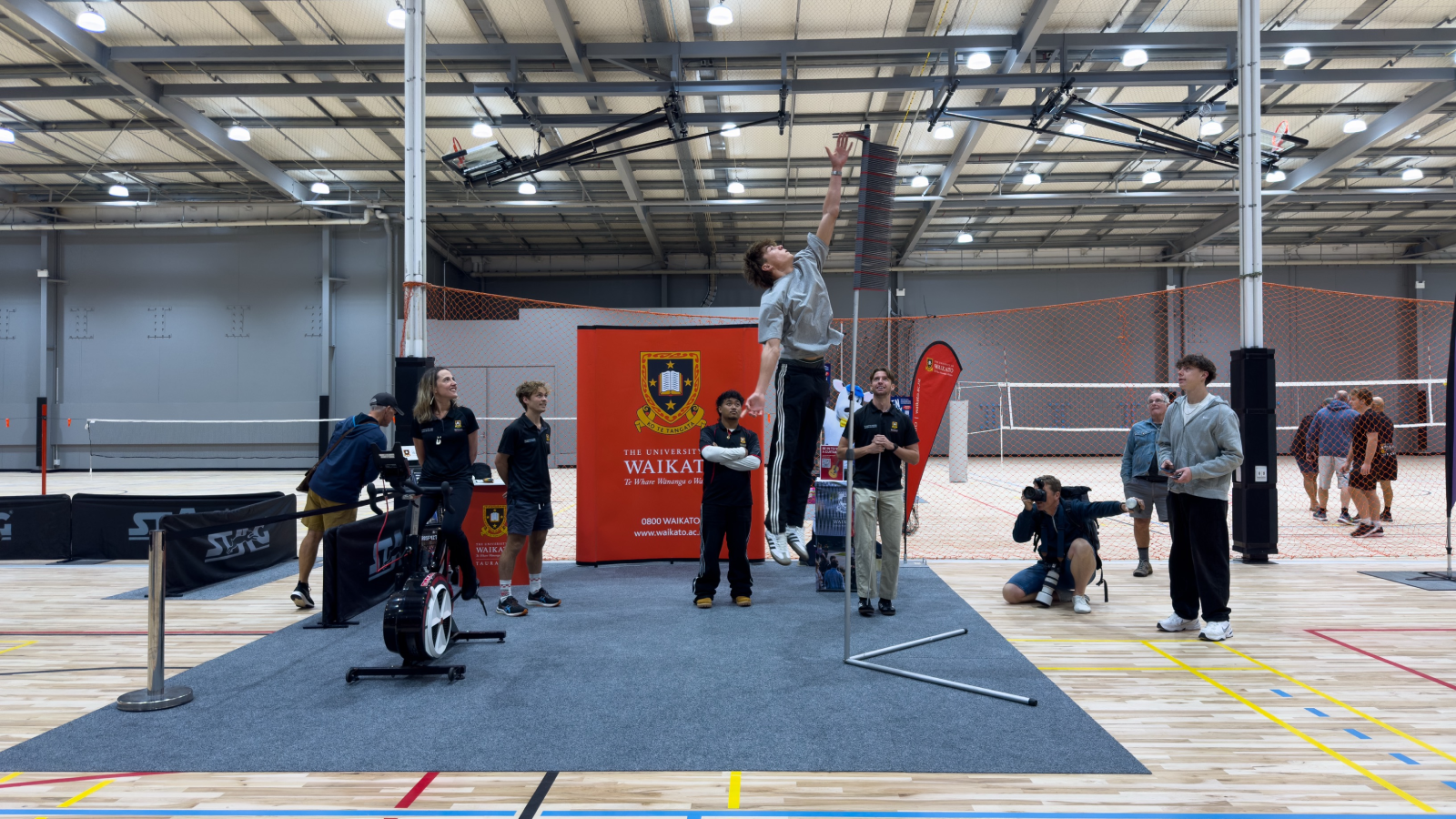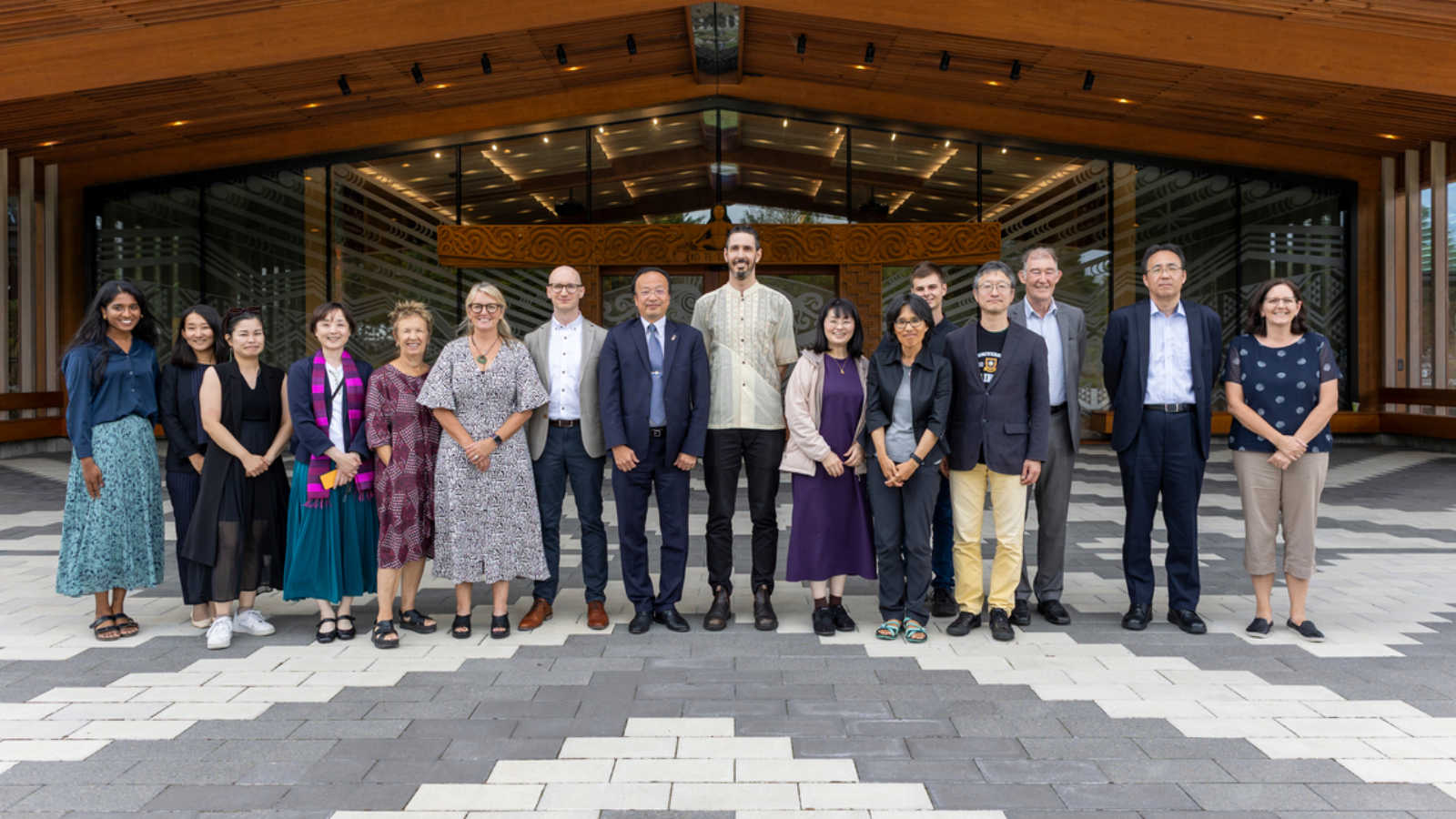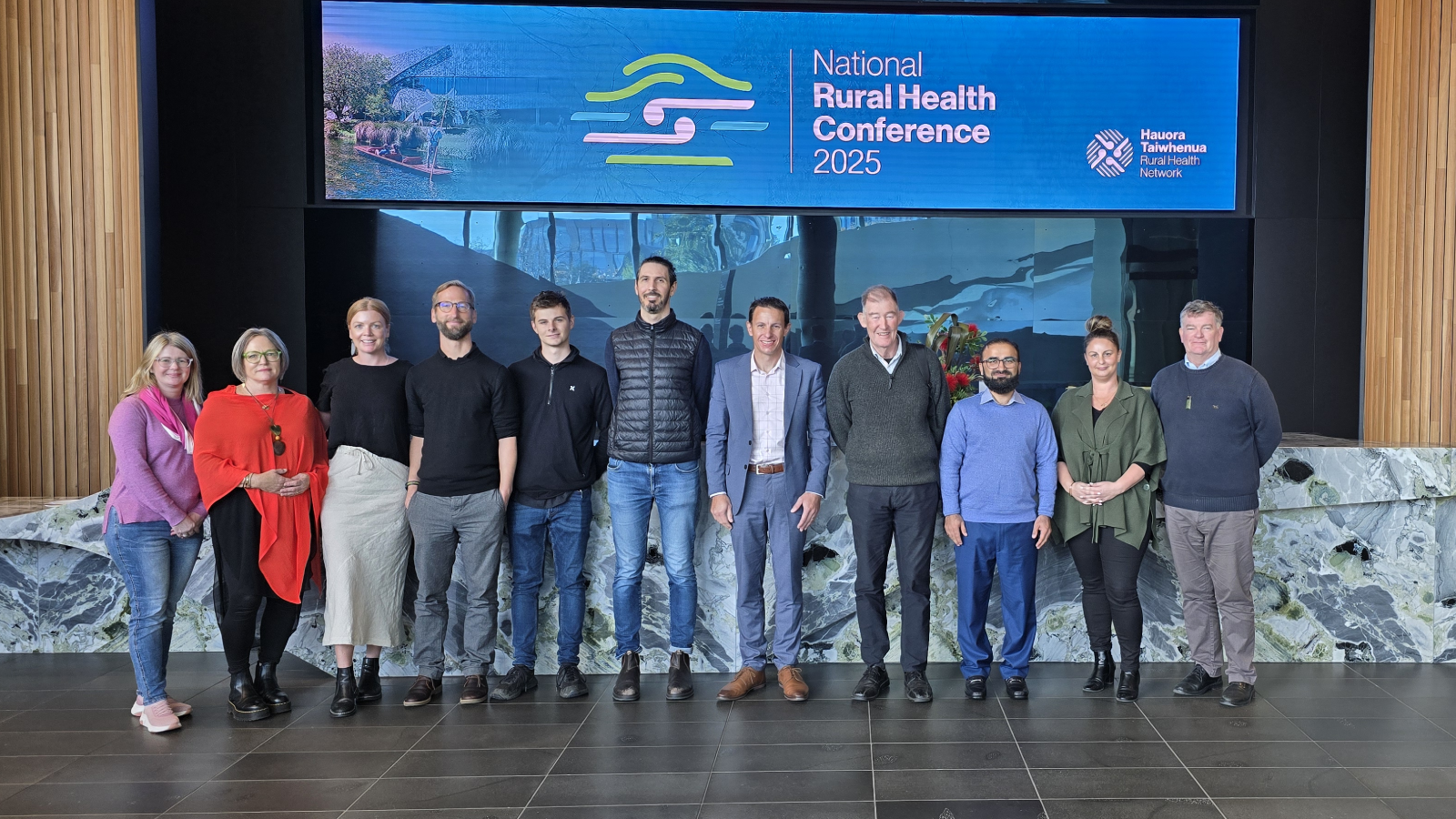
Rangatahi learning about marine conservation at the newly opened Raukokore Marine Research Centre
Supported by the University of Waikato, the Raukōkore Marine Research Centre will be the University’s base for ongoing research in the eastern Moana a Toi and the Tairāwhiti region. The centre will also be a geographically important base for studying coastal ecosystems’ response to cyclone devastation, restoration of kaimoana and readiness for the fast-growing aquaculture developments in the Eastern Bay, predicted to encompass over 20,000ha of offshore space by 2035.
Professor Chris Battershill, Director of Science at the University’s Tauranga campus and Bay of Plenty Regional Council Chair of Coastal Science, says that the research centre will be an important base for future marine science research:
“Having an official base at Raukōkore will mean that important research can be carried on into the future. The base is strategically essential to restoration and blue economy innovation as it is centrally placed to focus on issues and opportunities associated with an important but previously neglected coastal region.”
“The site has already played a significant part in marine science research, having been the easternmost extreme impact area for the Rena disaster, and then a base for the University’s INTERCOAST collaboration, a major international coastal marine research collaboration and exchange programme between the University of Waikato and Bremen University in Germany,” says Battershill.
The centre is on the site of the former Raukōkore school, made famous by the movie ‘Boy’, which wasset to be demolished after the school closed in 2015. The site will still serve as an education and cultural centre for the region’s rangatahi, a vision that mana whenua has always had.
Battershill says the new centre means the site will still serve as an educational and cultural centre for the region’s whanau, young and not so young, as they are passionate about creating opportunity, and as said in the movie ‘Boy’, to realise their full ‘potential'.
“We first started working in the rohe of Te Whānau-ā-Apanui after the Rena disaster in 2011 when school students helped us carry out toxicity monitoring of Tua Tua in the area.”
“It’s exciting to have the facility for this remote region not only for the scientific importance, but it creates an opportunity for young rangatahi in the region to be involved, discover an interest in the ocean and a chance to see how they can be a force for future marine conservation and innovation and transition into tertiary education.”
There are already four cadets based at the research centre and a growing number of Te Whānau-ā-Apanui students who have completed undergraduate and graduate programs through the University of Waikato, with a number already employed in their chosen fields and planning on bringing their talent back to the region. This is timely as growth of aquaculture and mussel enhancement programs are now also coming on stream at Te Kaha and Ōpōtiki.
The Raukōkore Marine Research Centre was officially opened with a pōwhiri on Friday.



